
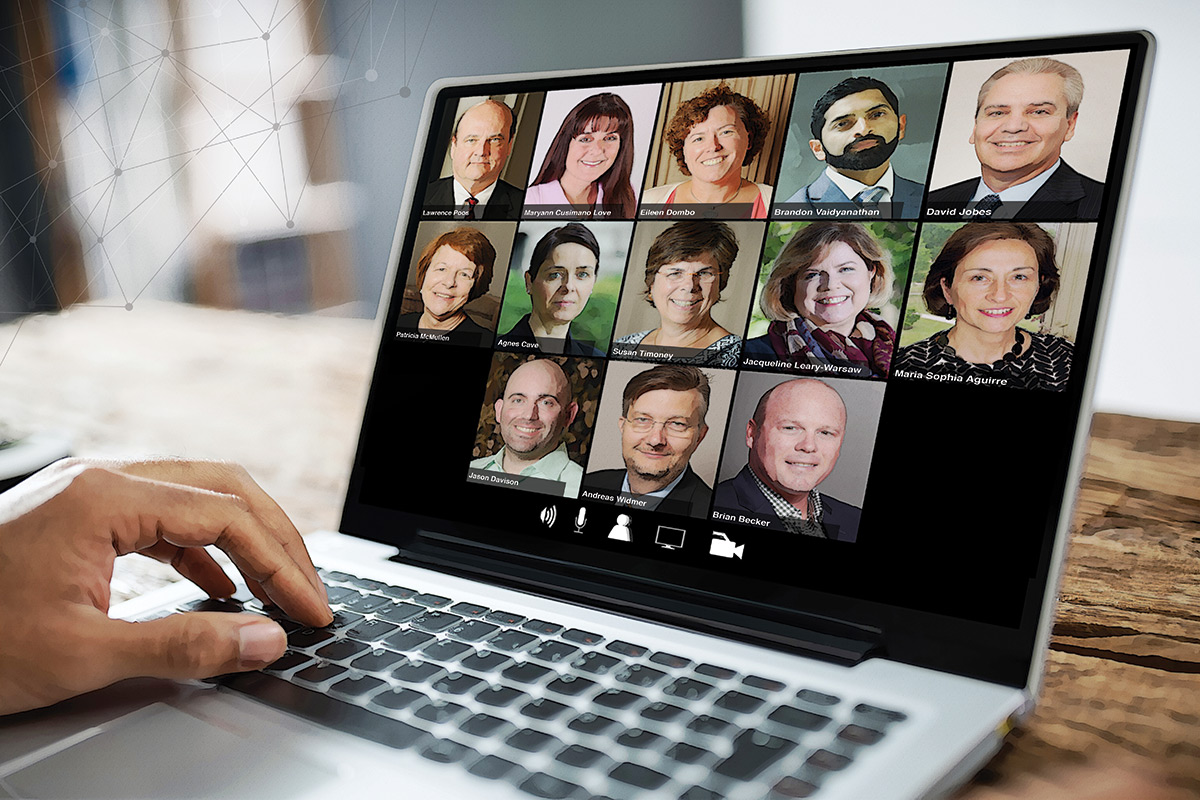
The COVID-19 pandemic that swept through the world and landed at our doorsteps earlier this year changed the way we live. From homes and schools to businesses, churches, and hospitals, the reverberations have been profound. We asked faculty members from a variety of disciplines to consider how this pandemic has affected us — and how it may continue to change us all.
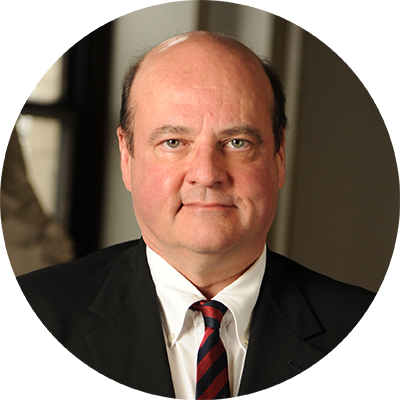 Only in the last century or so, in Western societies, has death by infectious disease become a rarity. In the late 19th and early 20th centuries in the U.S., most people still died from infectious diseases. Then, for a variety of reasons — public health improvements, vaccinations, and pharmaceutical interventions — people started living longer and cardiovascular diseases and cancer became the main killers. We have forgotten what it means to have lethal diseases be communicated just by close proximity to other people. In many ways, COVID-19 is a wakeup call to the reality that nature never stops producing pathogens.
Only in the last century or so, in Western societies, has death by infectious disease become a rarity. In the late 19th and early 20th centuries in the U.S., most people still died from infectious diseases. Then, for a variety of reasons — public health improvements, vaccinations, and pharmaceutical interventions — people started living longer and cardiovascular diseases and cancer became the main killers. We have forgotten what it means to have lethal diseases be communicated just by close proximity to other people. In many ways, COVID-19 is a wakeup call to the reality that nature never stops producing pathogens.
The big flu epidemics of the 1950s and ’60s killed on the order of a million worldwide. So COVID-19 is big by the standards of Ebola, or Zika, or SARS, which killed in the tens of thousands each, but still quite small by comparison with other pandemics, though of course we don’t know how this one will end.
Pandemics happen because of globalization. Every major pandemic in the world has happened because in some way or another different parts of the world have become more connected, usually through trade or conquest.
Historically, public health measures, however you define them — quarantine, isolation, clean water, sewer systems, clean air — have been much more important than pharmaceutical interventions in helping to control disease. That is a timely reminder for us, because we’ve got used to the notion that, through vaccination or treatment, medical science will magically come up with the answer. We’ve learned that social distancing really matters while a pandemic is running its course. I suspect that lesson will be with us for quite a while.
Pandemics have always been hotbeds of conspiracy theories and of blaming foreigners and outsiders. COVID-19 has spawned plenty of both. Another consequence of historical pandemics has been their tendency to undermine confidence in institutions and expertise, and it would be difficult to deny that 2020 has seen plenty of that.
Historian of medicine Charles Rosenberg described the four stages of epidemics. First, people begin to realize that something is going on; that is, people are dying. Then there’s a period of chaos — deaths are accelerating, there’s a lot of contradictory information about why it’s happening, where it’s coming from, and what we should be doing. Third, there’s a period when people lose patience and demand action. And fourth, people become retrospective and maybe they understand what happened more clearly than they could have while moving through it. We are probably still in the third of those phases.
In 1918, as today to a certain extent, public health decisions about lockdowns, about shutting down parts of the economy, were state and local decisions. So, a lot of cities made their own choices about closing schools, theaters, and churches, and wearing facemasks. Some local governments had mandatory facemask laws in 1918. There were certainly times during the 1918 pandemic when local governments made decisions to shut down churches, which caused the same kinds of controversy that happened lately with COVID-19. But our present pandemic is very unusual in the extent to which it shut down the economy.
The fact that animals are involved in human diseases is a constant through the history of pandemics generally. Most new viral diseases in recent decades were the result of species-jumping or were mutations from diseases that were originally animal-based. One of the most interesting things about this current pandemic has been that during lockdown in this country and Europe, animals have kind of retaken some of their habitat in urban areas. There are stories about wild boars walking down the streets of Barcelona. We haven’t escaped nature. We haven’t escaped the fundamental condition of being animals and part of a habitat system.
Lawrence Poos is a professor of history.
Web Extra
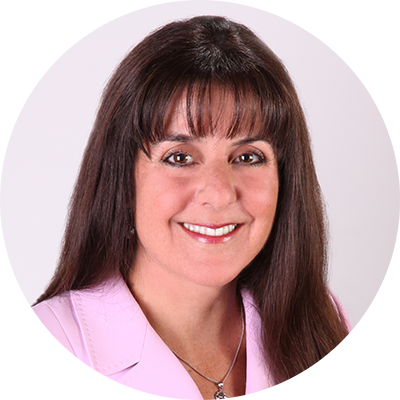 We will see more pandemics like this. We have over 7.6 billion people on the planet, more than ever before in human history, and that is only going to increase. That means there will be a lot more people coming into contact with wildlife in areas that used to be “wild.” A high percentage of the new infectious diseases are diseases that come from animals to people.
We will see more pandemics like this. We have over 7.6 billion people on the planet, more than ever before in human history, and that is only going to increase. That means there will be a lot more people coming into contact with wildlife in areas that used to be “wild.” A high percentage of the new infectious diseases are diseases that come from animals to people.
People are much more mobile than ever before, and that’s not going to change.
So, that vulnerability is with us. And it’s also with us because environmental crimes are the second biggest category of international crime, costing the world nearly $300 billion a year. As people fish and cut down timber and trade in animals, they are contacting diseases in what had been previously remote environments and bringing them back to the rest of us.
Pope Francis tells us in Laudato Si’ that we are all one human family, with one environment, and that damage done there impacts us here. You can’t stay healthy when the planet is sick.
As climates change, people move because their habitats are becoming unlivable — in coastal areas, for example, or on Pacific islands such as Tuvalu and Kiribati, where people are figuring out how to close their country because it will no longer be viable. Before the pandemic, we talked about the refugee crisis and the higher numbers of internally displaced persons. But all the people who track this say, You ain’t seen nothing yet.
Pollution is an environmental crime. COVID-19 deaths have been highest in areas with the highest air pollution. Air pollution causes all the preconditions that lead to greater death rates. We know that COVID attacks the lungs, so if your lungs are weak from air pollution, you’re not going to have a very good chance of fighting off COVID. Air pollution causes heart disease, diabetes, high blood pressure — all of those preconditions that will give you higher death rates from COVID-19. All the places where the death rates have been highest have been areas where there is high air pollution.
The pandemic has seen a huge increase in cyberattacks, particularly against hospitals. There were attacks against hospitals and healthcare centers prior to the pandemic, where they capture the hospitals’ data and the hospitals have to pay money to get their data back. If Sony Pictures has its data attacked, nobody lives or dies. But hospitals and healthcare centers are more likely to pay the money quickly because people’s lives are on the line. They need that data to effectively treat patients, to have the patient’s history, what drugs they’re allergic to, what has worked in the past and what hasn’t.
Healthcare is very susceptible to these types of attacks because you use so many different medical devices and computer programs. It’s a very complex information environment.
Congress had put several cybersecurity bills on the floor but they hadn’t been able to get anything passed and the president had not been very interested in these things. Other countries will take the lead.
The Church is well positioned to have a very important voice at a time when many of the usual actors that help coordinate global cooperation, like the United Nations, have been sidelined. When New York shut down, that shut down the United Nations at a time when we needed those networks the most. The Church shows another model for solidarity and coordination of action across borders, so I think the Church’s voice in fighting the pandemic and fighting the poverty and famine that’s worsened by the pandemic becomes really important. The Church is the largest provider of private healthcare on the planet, so it really has an opportunity to lead.
Human beings are really great learners. We’re always learning better ways to learn, but the problems we face, from cybersecurity to pandemics, move really fast. Are they moving faster than our ability to adapt, learn, and change? We’ve seen the countries that have done best in responding to the pandemic have all been countries led by women. They’ve listened to public health experts and made changes faster. Germany has much lower death rates than the United States and other countries in Europe because they’ve adapted faster. Obviously, New Zealand is a rock star here. Will we see more recognition for these assets that women leaders bring to the table?
Can we adapt and learn as quickly as the disease is adapting and learning, as quickly as the criminals and cybercriminals are adapting and learning? That’s where universities are really important, because they help us adapt and learn!
Maryann Cusimano Love is associate professor of politics and IPR fellow
Web Extra
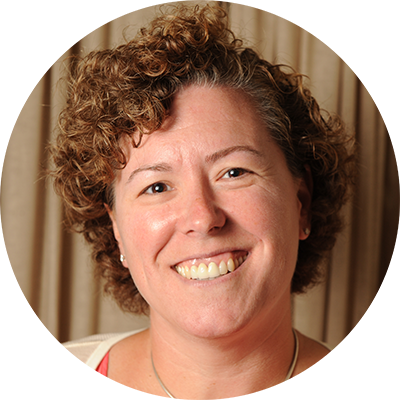 Social workers are used to a personal touch, meeting face to face, connecting with people. As we moved into working through screens there was trepidation. We found that tele-mental health works beautifully for some, but less well for others. It’s especially difficult to engage small children through a screen.
Social workers are used to a personal touch, meeting face to face, connecting with people. As we moved into working through screens there was trepidation. We found that tele-mental health works beautifully for some, but less well for others. It’s especially difficult to engage small children through a screen.
When this is over social workers need to mobilize on a policy level to address disparities and inequities for vulnerable populations that have come to light. And there have been many.
Not everyone has a home in which to isolate. How do we serve clients who are experiencing homelessness in the virtual setting? They have no privacy, no computers. Many parents have jobs that cannot be done from home, but with schools and summer camps closed, they have no childcare. Home is not a safe place for some people. Economic stress and isolation is leading to increased domestic violence and child abuse. When families are isolated and children are not going to school, there is no one to see the evidence of abuse.
This pandemic shed light on the painful racial disparities in health care and health outcomes. The reality of social injustice for so many children who rely on breakfast and lunch programs in their schools, who don’t have access to technology in their homes, also came to the forefront.
We will need to look at PTSD in a fresh way. I suspect there will be a new area of study — pandemic trauma.
There will be a lot to sort out when we emerge from this. Social workers are made for this time.
Eileen Dombo, Ph.D. 2005, M.S.W. 1996, is associate professor and assistant dean at the National Catholic School of Social Service.
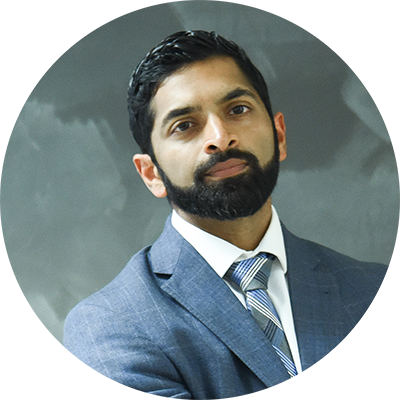 The present pandemic and the protests in response to the killing of George Floyd have forced us to recognize the serious breakdown in the relationship between police and civilians. COVID-19 provided ripe conditions for the protest, creating social isolation, job losses, and higher infection rates among African Americans and other racial minorities compared to whites. George Floyd’s killing was the final straw, precipitating a serious crisis of legitimacy for the police.
The present pandemic and the protests in response to the killing of George Floyd have forced us to recognize the serious breakdown in the relationship between police and civilians. COVID-19 provided ripe conditions for the protest, creating social isolation, job losses, and higher infection rates among African Americans and other racial minorities compared to whites. George Floyd’s killing was the final straw, precipitating a serious crisis of legitimacy for the police.
The aspects of policing that draw recruits into the profession are utterly divorced from the reality of what a police officer has to do on a day-to-day basis, when most of their encounters with civilians are basic community engagement. For instance, having to knock on someone’s door and tell them their loved one has been killed, or dealing with a person experiencing a mental health crisis. When they’ve been repeatedly trained in a paramilitary style, they’re waking up every day expecting to have to shoot somebody. We need to seriously rethink how police are trained around the country. Crisis intervention team training helps officers have more human interactions with civilians, as opposed to treating them like they’re in a war zone. That kind of training, that sort of deprogramming, has to happen more systemically.
Police officers are being forced to recognize that their primary job is community engagement. Even though there is reticence to embrace a deescalation approach, there’s more receptivity to it around the country. Even though we’re seeing horrible stories on a regular basis, I think the fact that these stories have been getting out there is a good sign. People are not going to tolerate abuse; there’s increasing awareness, there’s increasing transparency. But we still have a long way to go.
The hope is that in 20 years there will be no more fatalities of the sort we’re seeing now, due to racism, or systemic discrimination, or suicides. We need to address all these factors, whether it’s latent racial biases among those on the police force, or policies and tactics that increase the risk of fatal shootings, or the mental health challenges experienced by police officers.
Brandon Vaidyanathan is associate professor and chair of the Department of Sociology.
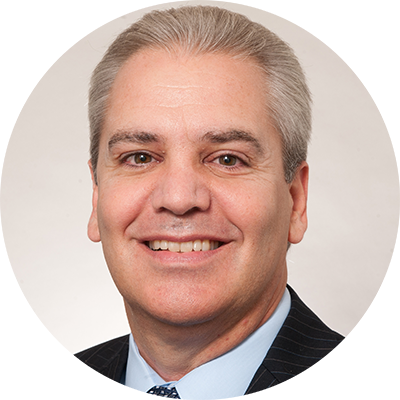 Speaking as a researcher dedicated to clinical trials, it is terrifying to think about the effect on public health when people in leadership roles are sending a message that science doesn’t matter. We have 50 different states with 50 different plans. That is no way to flatten the curve.
Speaking as a researcher dedicated to clinical trials, it is terrifying to think about the effect on public health when people in leadership roles are sending a message that science doesn’t matter. We have 50 different states with 50 different plans. That is no way to flatten the curve.
The mental health implications of this pandemic are profound. For those with challenges already, social isolation can put them in deep trouble. Think about people with OCD who may already be pathologically washing their hands 50 to 60 times a day. Now with COVID, they are just off the scale when it comes to stress.
In the face of adversity, one response is resilience, adaptability, and survival. Many people are regrouping and developing a different sense of what matters in life. For others, the response will be depression. My greatest fear is that isolation, anxiety, and job loss will correlate with increased rates of suicide.
Too often psychologists shy away from working with high-risk patients. Our team has been working since early March in Zoom webinars with more than a thousand mental health professionals doing role-play training to learn our intervention [Collaborative Assessment and Management of Suicidality (CAMS)]. The need is there.
There is also worry about the trauma experienced by front-line doctors and nurses along with the double whammy of exposure to the virus. We have appropriately venerated them, but that comes with the added pressure of hero worship. They tend not to seek mental health support because of fear that it would threaten their license. Likewise, first responders fear repercussions of seeking support. We need to change that.
We will undoubtedly be feeling the collective impact of this worldwide pandemic for some time to come.
David Jobes is professor and associate director of clinical training in the Department of Psychology.
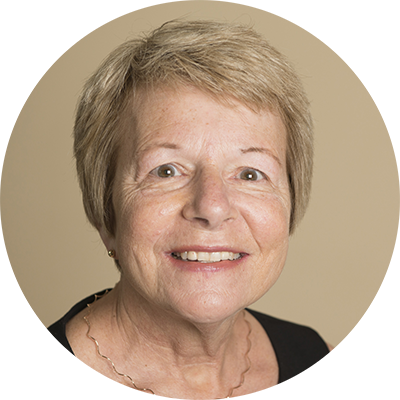 There will be changes to nursing education in the wake of the pandemic. We’re going to see a greater emphasis on telehealth and virtual learning. When we return to campus, we’re going to see more use of our simulation center. In the new building we’re planning, there’s a whole floor of nothing but clinical simulation.
There will be changes to nursing education in the wake of the pandemic. We’re going to see a greater emphasis on telehealth and virtual learning. When we return to campus, we’re going to see more use of our simulation center. In the new building we’re planning, there’s a whole floor of nothing but clinical simulation.
When we made the shift to full clinical simulation toward the end of the spring semester, the vast majority of our seniors were pleased because we were able to simulate cases that they might never see in a hospital, just because the opportunity might not arise. You can’t guarantee that someone’s going to have a certain condition when you go in for a hospital rotation, but you can certainly simulate that condition.
Even before the pandemic, simulation worked very well for us. For example, we do a simulation experience on death and dying prior to the students going to the hospital. By doing that in a simulated safe environment initially, it demystifies things. It makes students more prepared to respond appropriately to that patient and that family. We’ve always been so focused on cure, but sometimes we’re doing palliative care: How can you make someone comfortable at the end of life? That shows the value of simulation.
We already teach a course in epidemiology. Obviously, COVID will serve as an example in that course from now on. While we’ve got the curriculum we need in place, we may use exemplars from the pandemic. Once the pandemic is over, there’s still going to be a lot of health care challenges that people face, so we have to make sure that students have the skills to cover the whole landscape and not just get tunnel vision in terms of COVID.
Patricia McMullen is dean and professor in the Conway School of Nursing.
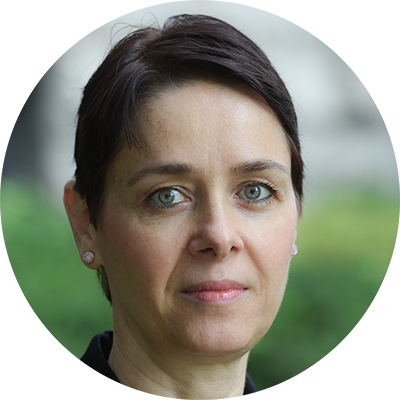 Imagine everything about the way you do your job is suddenly turned upside down. You’ve got to learn new technology and develop all new strategies. And on top of that, you need to do it by yesterday and in French. When the nation suddenly shut down in mid-March that is essentially what teachers were asked to do.
Imagine everything about the way you do your job is suddenly turned upside down. You’ve got to learn new technology and develop all new strategies. And on top of that, you need to do it by yesterday and in French. When the nation suddenly shut down in mid-March that is essentially what teachers were asked to do.
Engaging children through a computer screen is insanely complicated. Most teachers took on this challenge with passion, courage, and patience. Teacher education programs require implementing technology in the classrooms. But technology is not meant to replace the benefits of in-person learning and social interaction.
In addition to the challenge of bringing the school day fully online, teachers are concerned about their students’ and parents’ well-being. Students who have special needs are especially in danger of falling behind. While in the classroom with these children, teachers are better able to provide accommodations.
There are concerns about students of low socioeconomic status. We worry about parents who have lost jobs, who can’t go back to work because the children are home, who are struggling to pay the rent and bills, whose children are hungry, who don’t have a computer or Internet access, who don’t have the educational background to support their children’s learning.
As teachers, we support our students, but we can’t do it alone. School districts and governments must help address these issues of disparity. In school districts where students were already at a disadvantage, they will fall further behind as a result of the pandemic. This is a problem the nation must acknowledge and address.
I don’t know what the next school year will look like, but I know for sure that when we do fully and safely return to our classrooms, teachers will need to be more ready than ever to provide differentiated learning to help those students.
The other thing I can tell you is we’ve seen the end of snow days.
Agnes Cave is associate professor and chair of the Department of Education.
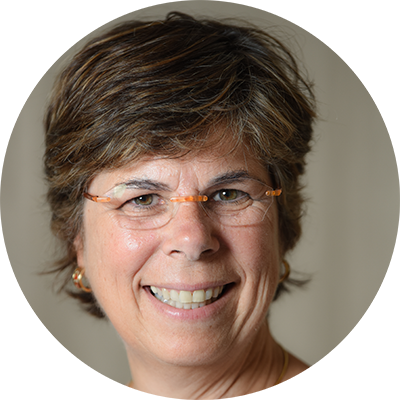 As a community, Catholics gather every Sunday. I remember thinking when this started, “Surely churches will open at Easter.” We never could have imagined going this long without gathering or receiving Communion.
As a community, Catholics gather every Sunday. I remember thinking when this started, “Surely churches will open at Easter.” We never could have imagined going this long without gathering or receiving Communion.
I was delighted to see how many parishes quickly began live-streaming Mass. Now, as parishes are beginning to offer Mass with social distancing guidelines, there will be obvious changes. For instance, the handshake is gone indefinitely. We’ll need to turn and nod with a smile behind our masks.
After so many months away, parishes will likely see that some members have drifted away from the Church. Pastors and pastoral staff members can’t wait for three or four months to touch base to say, “We miss you.” Parish communities should have conversations about what Sunday morning felt like when people couldn’t gather in church. Some people may be asking, “What difference does church really make?” We need to help people answer that question.
In general, Catholics struggle with outreach. A parish is a family, and if we want to bring the family back together, it will take personal connections and creativity. That will be more important than ever, as many families will be struggling with such issues as long-term unemployment, mental illness, and increased rates of addiction and domestic violence. And all of this will need to happen while parishes are struggling with financial shortfalls of their own.
On a larger level, the global Church will be there to remind us all to consider what justice looks like in an opening economy.
Susan Timoney is associate professor in the School of Theology and Religious Studies, associate dean for undergraduate studies, and director of the Certificate in Pastoral Studies.
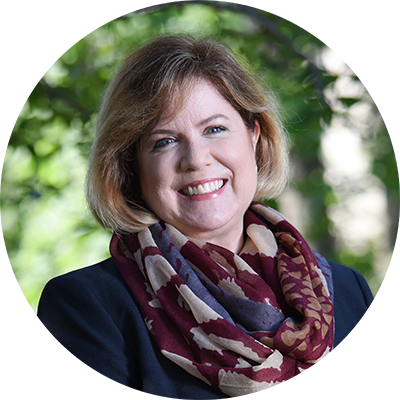 Theaters are dark. Museums are closed. Yet, through all of this, the arts have been here for us — inspiring innovation, soothing the soul, strengthening community.
Theaters are dark. Museums are closed. Yet, through all of this, the arts have been here for us — inspiring innovation, soothing the soul, strengthening community.
We have long known the therapeutic value of the arts. There is a spiritual component in that as well. When our houses of worship shut down and we were not able to gather in praise, we found that spiritual music helped us express our hope and our fear, and to provide comfort.
Performing artists are trained to keep going in a crisis. If you hit a wrong note, forget a line, miss your cue — you keep going. So it is not surprising that during this crisis, artists became even more creative. Think of all the virtual performances that have brought us together, the compositions that speak to our new reality, the mural artists sharing their work on outdoor canvases.
One of the silver linings during this time has been seeing art become more accessible through virtual means. The Metropolitan Opera, for example, is offering free, nightly streaming of past performances on their website. All of a sudden, we can see a grand opera every night at no cost.
As we emerge from this, I suspect we will keep the best of what we discovered during the pandemic, continuing to offer virtual and live-streamed performances and exhibits in an ongoing quest to make the arts more accessible to broader audiences.
What I know for sure is that artists will persevere, bringing renewed inspiration back to their stages, concert halls, and galleries.
Jacqueline Leary-Warsaw is dean of the Benjamin T. Rome School of Music, Drama, and Art.
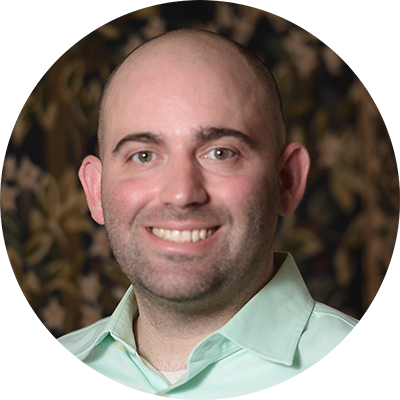 Civil engineering provides important solutions in a pandemic. Look at the Army Corps of Engineers designing emergency hospitals. Additionally, civil engineering is fantastic for economic stimulus, because we’re the ones who are going to be designing the future hospitals, the highways, the next big projects. If we’re looking at a future New Deal, civil engineers can really change how the whole economy is going to look.
Civil engineering provides important solutions in a pandemic. Look at the Army Corps of Engineers designing emergency hospitals. Additionally, civil engineering is fantastic for economic stimulus, because we’re the ones who are going to be designing the future hospitals, the highways, the next big projects. If we’re looking at a future New Deal, civil engineers can really change how the whole economy is going to look.
Jason Davison is assistant professor of civil engineering.
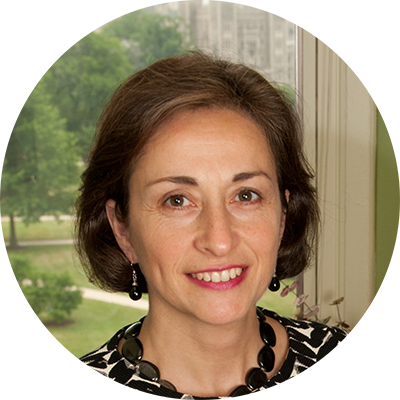 What does working mean post-COVID-19? The new understanding of work, I think, will be very healthy for us. What do I work for? And what does that mean for my family? The whole concept of work is being transformed, and that has many pluses. We’re seeing more humane work, more family-centered work, and increased understanding of work as service.
What does working mean post-COVID-19? The new understanding of work, I think, will be very healthy for us. What do I work for? And what does that mean for my family? The whole concept of work is being transformed, and that has many pluses. We’re seeing more humane work, more family-centered work, and increased understanding of work as service.
A lot of companies have realized that we don’t need to be in the office. We can do it through the Internet, and have more time to play with our children, which is so needed. I can stop at noon to feed my children and then go back to work. Zoom and all these platforms are wonderful; this greater flexibility is needed. At the same time, we are social by nature, and the economy needs that interaction, so there’s something missing. The fact that we are going to see each other through Zoom all day long is not the same. I think we’re going to seek a happy medium. Yes, there’s going to be a rethinking of office space, and that had already begun. Traveling? I think we will see less.
I’m very optimistic. I believe the humanity has come back because of the coronavirus — or if it has not come back, the virus has highlighted the need for it.
Maria Sophia Aguirre is professor of economics.
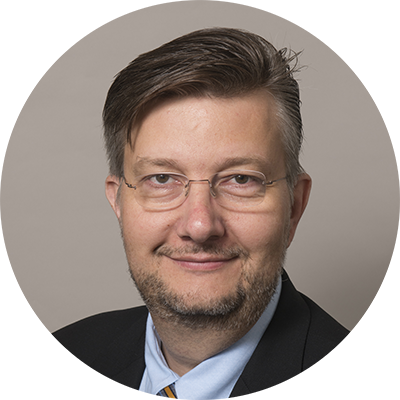 Because of the virus, we’re going to have a significant increase in the number of people in the world who live in destitute poverty. This, of course, has an impact on political liberties and economic freedom. This virus is a boon to autocratic governments around the world — it enables them to take control and they’ll be darned if they will give it up again.
Because of the virus, we’re going to have a significant increase in the number of people in the world who live in destitute poverty. This, of course, has an impact on political liberties and economic freedom. This virus is a boon to autocratic governments around the world — it enables them to take control and they’ll be darned if they will give it up again.
Small business is the engine of prosperity, and even though many other universities are in love with Google and other large corporations, Catholic University is in love with the mom-and-pop shop. They’re the salt of the earth, and they create the jobs. The Ciocca Center is helping them navigate through the crisis.
Andreas Widmer is director of the Arthur & Carlyse Ciocca Center for Principled Entrepreneurship and assistant professor of practice in the Busch School.
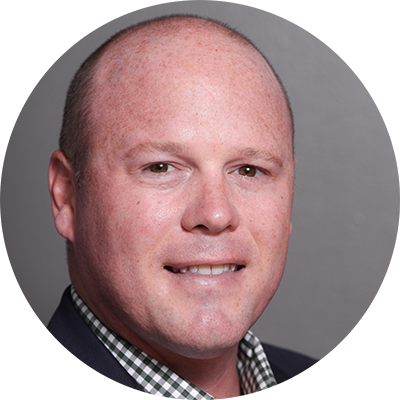 Food and beverage is my area of expertise. The days of us going out to eat and being shoulder to shoulder with other tables are gone, at least for now. Many businesses are test-driving carryout and delivery services. Contactless order and payment are going to be extremely important.
Food and beverage is my area of expertise. The days of us going out to eat and being shoulder to shoulder with other tables are gone, at least for now. Many businesses are test-driving carryout and delivery services. Contactless order and payment are going to be extremely important.
Entrepreneurs are being particularly creative. Some restaurants are doing pre-prepped meals with simple instructions, and you make it at home, you take a picture, and post it when you’re done.
In the near term, business in D.C. is going to shrink. But eventually the voids will be filled. There’s going to be some heartache and bloodletting, no question. But we’re going to come through this.
Brian Becker is Director of Small Business Outreach in the Ciocca Center.
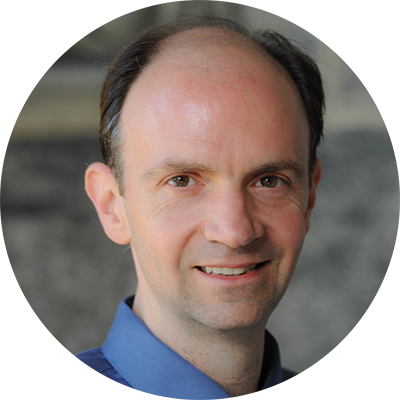 I think that in the future we are going to really appreciate things that we previously took for granted, certain basic things that we’re not able to do now, like going to Mass.
I think that in the future we are going to really appreciate things that we previously took for granted, certain basic things that we’re not able to do now, like going to Mass.
We’ve all become a lot more comfortable using technology. Video conferencing is an obvious example. On the one hand, we’re clearly going to use technology more and be more comfortable with it; on the other hand, we may also be more aware of wanting to detach from it.
We are going to face a more unequal society, at least in the near term. This crisis has particularly harmed small businesses in the service industry, which often employ low-wage workers in entry-level jobs. I think it’s going to speed up automation in those same industries.
David Cloutier is associate professor and chair of the Moral Theology/Ethics Area
Web Extra
These reflections were based on virtual interviews conducted in April and May 2020.